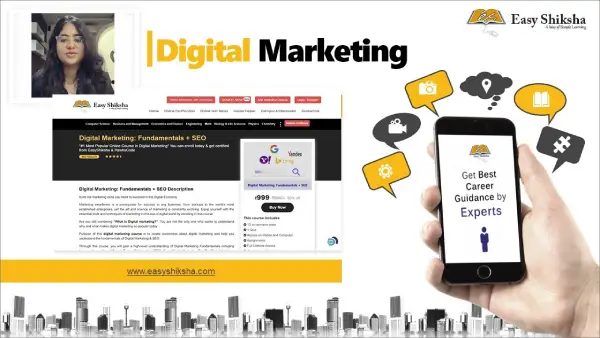Most often, organizations acquire information systems as part of a larger focus on process improvement and efficiency. These organizations need to invest in the right system to meet their needs: right functionality, right size, and for the right price. The business systems analyst role in most organizations is responsible for translating the organization’s needs into requirements, which are then used to select or build the right system for the organization. During the Analysis for Business Systems course, you’ll learn about the standard model for systems development: the systems development lifecycle, or SDLC. You will learn how to read and even create the specific deliverables that business systems analysts prepare during the SDLC. These documents provide guidance to the organization as they determine whether to build or buy and configure a system that meets the organization’s needs.
A Business Analyst is the key figure in understanding business requirement and its implementation. This course is designed to help you understand Business Analysis right from Software Engineering Methods & Lifecycles to Requirements Preparation, analysis and presentation.
Business Analysts have emerged to have a key role in recent business scenarios. Some people think that the role of a Business Analyst is to make money for the organization, which may not be true in direct context. But indirectly, the action and decision taken by Business Analysts do leave an impact on the financial prospects of the organization.
Job prospectus for Business Analyst rises every year, especially for the IT sector. The average salary of business analyst is estimated around $80,000 - $130, 000, even at entry level.
What does a Business Analyst Do?
A primary job responsibility of Business Analyst is to communicate with all stakeholders & to elicit, analyze and validate the requirements for changes to business processes, information systems, and policies.
A professional business analyst plays a big role in moving an organization towards efficiency, productivity, and profitability.
What you will learn in this course:
- Business Analysis basics, Stakeholder analysis overview and overview of Business Analyst
- A breakdown of project methodologies including traditional Waterfall and Agile frameworks
- Conduct requirement Analysis, Requirement techniques & Organize requirements
- Change control basics, Flow diagram and BRS vs SRS
- Software Testing Types, V Model Testing and Impact Analysis


































































Inam Ulhaq
-
26 Aug 2024Very flexible and practical — the course covers real-world tools like SQL, Tableau, Excel, and business process modeling, making it a good start for aspiring analysts
Muhammad Hamza
-
21 Aug 2024Good balance of theory and live projects; instructors come from industry, so you learn more than just concepts — there’s hands‑on work and case studies
Mayur Devkar
-
20 Jun 2024I liked the mock interview sessions and real project assignments. They helped me feel really confident in applying for BA roles